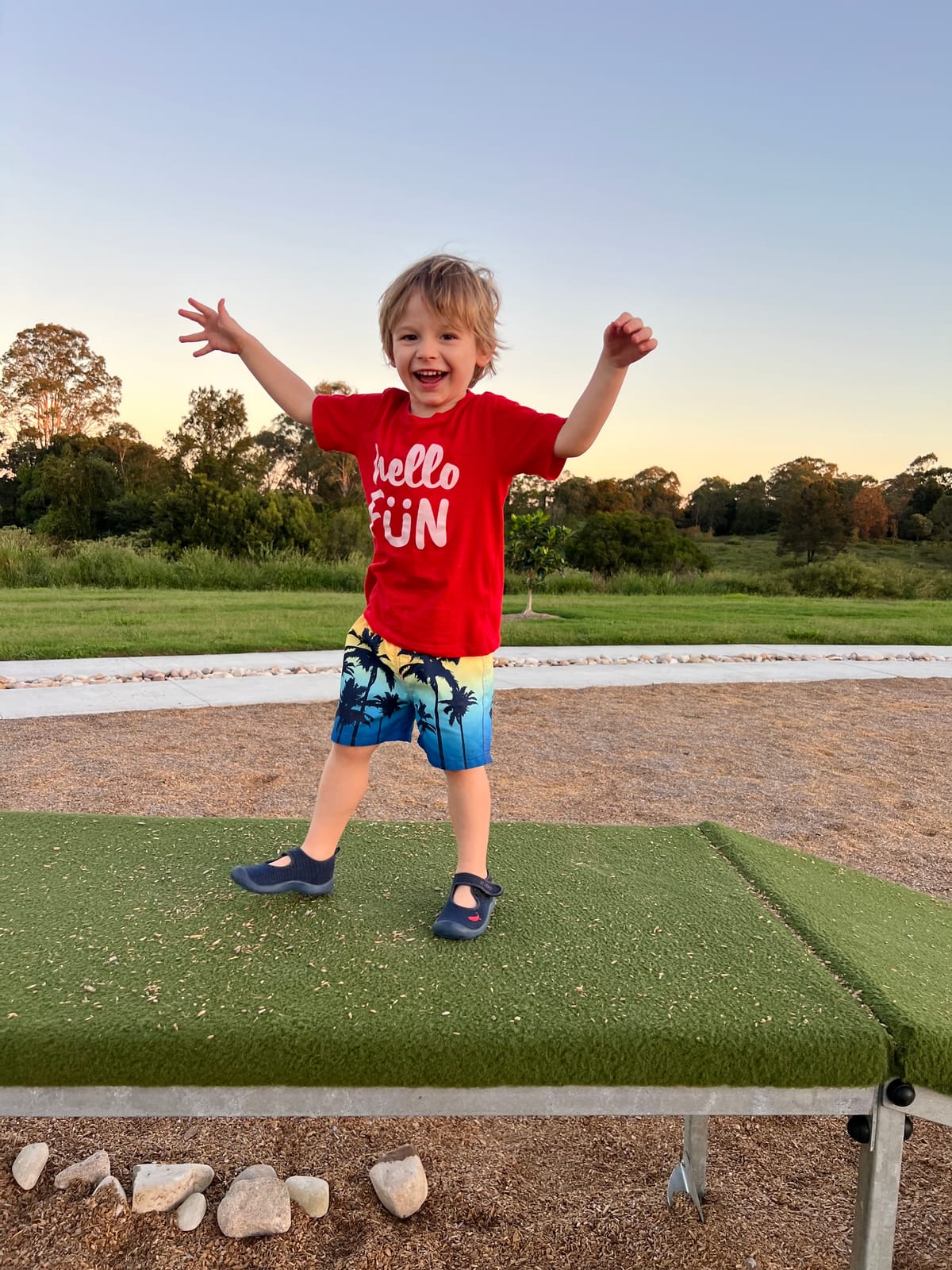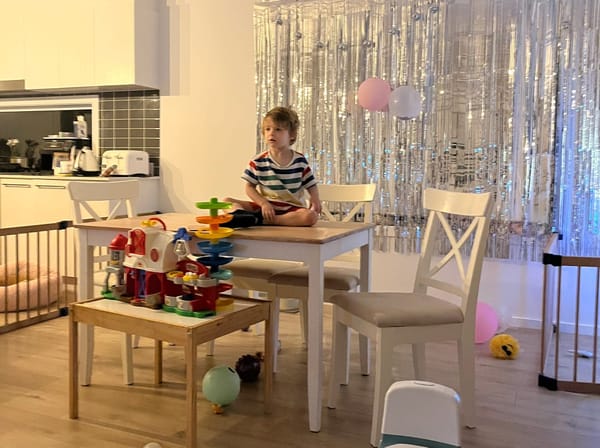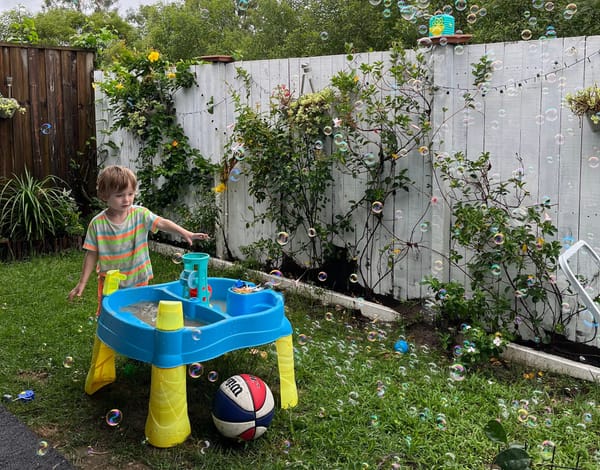My Son's Autism Level 3 Diagnosis Process

Henry was diagnosed with Autism Spectrum Disorder (ASD) Level 3, requiring very substantial support. He also has a diagnosis of global developmental delay in the moderate to severe range.

His diagnosis was confirmed through comprehensive assessments, including ADOS-2, MIGDAS-2, and Vineland-3 evaluations conducted privately by Early Start Australia.
Henry has significant delays in speech and language, relies on monosyllabic babbles, and has difficulty with social communication and interaction. He also exhibits restricted and repetitive behaviors, sensory sensitivities, and challenges with transitions and adaptability.
His diagnosis qualifies him for intensive early intervention, including speech therapy, occupational therapy, and behavioural support. He has been referred to programs such as AEIOU and ECDP for structured developmental support.
How We Obtained His Diagnosis
The process of obtaining Henry's diagnosis followed this sequence:
Letter from Daycare
Henry's daycare provided a letter outlining developmental concerns and behavioural observations.
GP Referral
We took the daycare letter to our GP, who then wrote a referral for further assessments.
Independent Assessments at Early Start Australia
Rather than waiting years for the public system, we opted to pay for independent assessments through Early Start Australia. They conducted all necessary evaluations except for a cognitive assessment, allowing us to have a comprehensive report ready in advance.
Booking with Developmental Paediatrician
While assessments were ongoing, we secured a future appointment with Dr. Sinu Thilak of CAYADS.
Confirmation of Diagnosis
The independent assessments proposed a diagnosis of ASD Level 3, which was later reviewed and confirmed by the developmental paediatrician. Dr. Thilak officially recognised the diagnosis and issued the NDIS Access Request Form.
NDIS Registration & Funding Waitlist
With the official diagnosis, Henry was placed on the NDIS list. However, we are still waiting for funding approval, meaning all current interventions are being paid out of pocket.
NDIS funding would later be approved in March 2025 - approx 8 months from diagnosis, 6 months from submitting NDIS access request form. Even though we had the preliminary diagnosis from Early Start Australia we had to wait for it to be agreed to by the Child Paediatrician who supported the diagnosis by providing the NDIS access request form.
Enrolment in ACE Program
Despite the funding delay, we enrolled Henry in the ACE program near our home. As of February 16th, he has been attending for a few weeks. While financially challenging, we were advised by NDIS representatives that funding approval is very likely—it's just a matter of time.
This structured approach allowed us to secure Henry's diagnosis efficiently and access early intervention services while awaiting official NDIS support.



